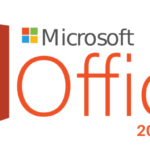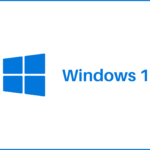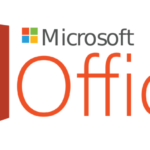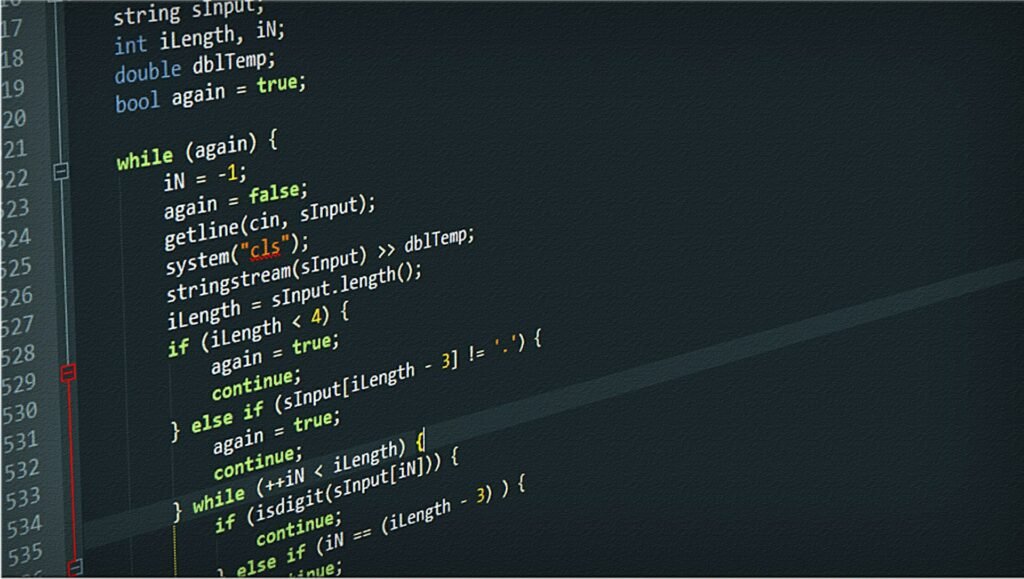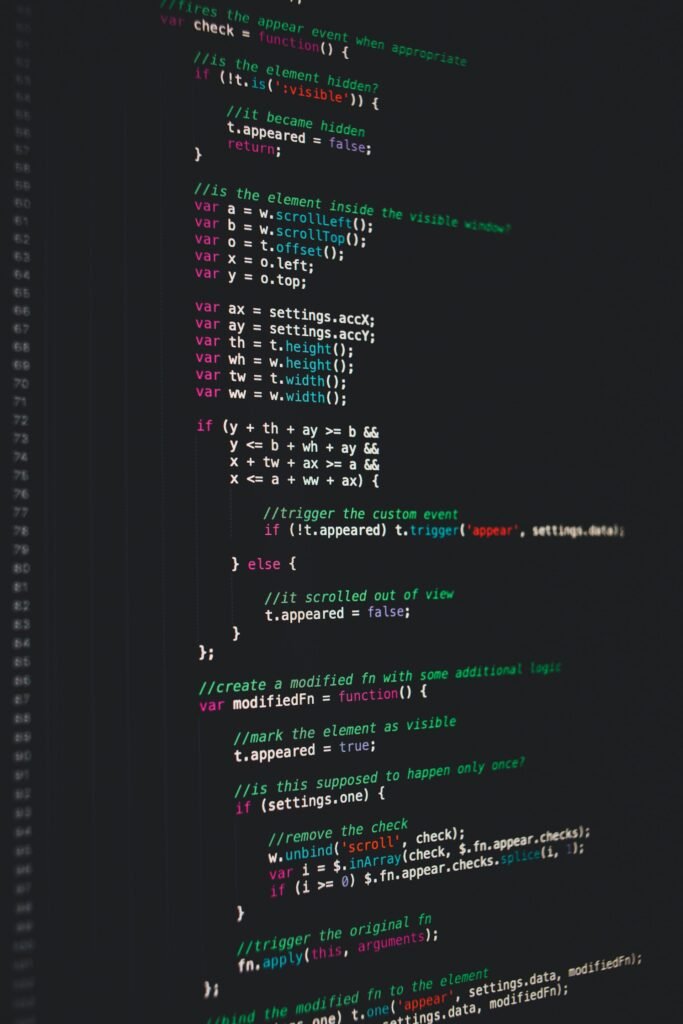Express.js
Express.js is a widely used and lightweight Node.js web application framework. It streamlines the process of developing web apps and APIs by offering a collection of key tools and functionality. Express’s clean and flexible architecture allows developers to easily construct sophisticated server-side applications using a simple and intuitive API.
Express js
Express.js, sometimes known as Express, is a Node.js web application framework that is quick and minimalistic. It includes a suite of complex functions and middleware that make creating web servers and APIs easier.

The benefits and drawbacks of Express.js
Express.js has several advantages.
- Lightweight and Fast – Express.js is a lightweight and effective framework since it is simplistic and optimized for speed.
- Simple to Learn and Use – Its straightforward and easy-to-use API enables developers to get started immediately and build apps with ease.
- Flexibility – Express is extremely adaptable, allowing developers to enhance its capabilities through extra middleware and libraries as needed.
- Strong Routing – Express has a simple routing mechanism that makes it simple to manage requests made via HTTP and build routes for multiple endpoints.
- Active Developer Community – Because Express has a big and active developer community, there are lots of tools, records, and public-contributed modules accessible.
Express.js has certain drawbacks.
- Insufficient Structure – Because Express is a minimalist framework, it does not impose a precise project structure. Without proper preparation, this can lead to uneven code organization in bigger projects.
- Callback Hell – While not unique to Express, asynchronous code written in JavaScript can cause callback hell, which makes handling layered callbacks difficult. However, contemporary JavaScript with Promising and async/await can help to alleviate this problem.
- Middleware Administration – As applications expand in complexity, managing many middleware becomes difficult, and preserving the sequence of middleware execution becomes difficult.
- Opinionated – Express defers numerous choices to developers, which may be a detriment to people who favor more personal frameworks that impose precise patterns and norms.
- Safety – Because Express lacks built-in security measures, developers must be attentive and rely on third-party modules to successfully address security problems.
Characteristics of express.js
Express.js has numerous significant features that contribute to its popularity and power as a web application framework.
- Minimalistic – Express.js adheres to a simple layout philosophy, offering only the functionality required to develop online apps. This ease of use gives developers more flexibility over their source code and application architecture.
- Lightweight – Because Express.js is minimalistic, it is portable and doesn’t impose significant costs on apps. This makes it quick and efficient, making it ideal for developing high-performance applications.
- Middleware Functionality – Express.js includes strong middleware support, which allows developers to quickly enhance the features of their apps. Middleware services can intercept and change inbound HTTP requests and answers, allowing them to perform activities like as logging, authorization, compression as well, and more.
- Routing – Express.js has a straightforward and adaptable routing system. Developers may create routes for various methods of HTTP (GET, POST, PUT, DELETE, and so on) and handle specific destinations in a systematic fashion.
- HTTP Utilities Methods – Express.js has a number of useful utility methods for working with requests made via HTTP and replies, such as sending responses, setting headers, handling redirection, and managing cookies.
- Templates Engine Compatibility – While Express.js does not provide a template engine, it does allow developers to utilize other template engines such as EJS, Pug (previously Jade), Moustache, and others to display dynamic views.
- A huge and Active Developer Ecosystem – Express.js has a huge and active developer community. As a result, there is a lot of documentation, a lot of independent modules, and a lot of web resources to assist programmers learn and solve difficulties.
- Adaptability – Express.js is extremely adaptable, allowing developers to construct applications tailored to their individual requirements. It does not impose a certain project structure, making it appropriate for a wide range of project kinds and code organization.
- Simple to understand – Express.js features a straightforward and easy-to-use API, which renders it relatively simple for developers to understand and start creating online apps.
- Web Server Abilities – Express.js can function as an independent web server, allowing it to serve static files, manage routing, and reply to HTTP requests without the requirement for another web server such as Apache or Nginx.
Why express.js
For various reasons, Express.js is an attractive option for creating Node.js web apps and APIs.
- Convenience – Express.js has a simple and basic design that makes it simple to understand and use. Its concise API enables developers to get started fast and build apps without adding excessive complexity.
- Compact – Because Express.js is a basic framework, it has minimum overhead, making it quick and efficient. As a result, it is suited for developing high-performance applications.
- Versatility – Express.js is extremely adaptable, allowing developers to construct applications customized to their individual requirements. It does not impose a rigid project structure, allowing developers to organize their code how they see suitable.
- A huge and Active Developer Environment – Express.js has a huge and active developer community. This means there is rich documentation, several outside modules, and a plethora of internet resources to assist developers in learning and issue-solving.
- Middleware Integration – Express.js offers strong middleware support, allowing developers to quickly enhance the features of their apps. Middleware functions can intercept and change incoming HTTP requests and answers, allowing them to perform activities like as logging, authorization, compression as well, and more.
- Routing – Express.js has a straightforward and adaptable routing system. Developers may create routes for various methods of HTTP (GET, POST, PUT, DELETE, and so on) and handle specific destinations in a systematic fashion.
- Web Server Capabilities – Express.js can function as a stand-alone web server, allowing it to serve static files, handle routing, and reply to HTTP requests without the requirement for another web server such as Apache or Nginx.
- Template Engine Support – While not included in Express.js, it allows developers to generate dynamic views by using template engines such as EJS, Pug (previously Jade), Moustache, and others.
- Compatibility – Express.js is interoperable with all other Node.js modules and packages, enabling developers to design applications that take advantage of the whole Node.js ecosystem.
- Proven – Express.js has been around for a long time and is frequently used for production applications. Because of its durability and maturity, it is a dependable option for projects involving web development.
Express js node js
Express.js is a Node.js web-based application framework for JavaScript runtime environments. Node.js allows you to run JavaScript scripts outside of a web browser, allowing you to create server-side JavaScript applications. Express.js is particularly built to interact with Node.js, giving a collection of tools and capabilities that make creating web servers and APIs easier.
When paired, Node.js and Express.js enable developers to create server-side apps entirely in JavaScript. Node.js handles server-side logic, whereas Express.js adds a layer of abstractions and capabilities to make developing web apps and APIs more fast and convenient.
Here’s a brief explanation of how they interact.
- Node.js – It provides a server-side runtime environment for running JavaScript code. It utilizes a based on events, non-blocking I/O approach, which makes it exceptionally efficient and scalable when dealing with multiple connections and requests.
- Express.js – is a web application framework that runs on top of Node.js and offers a set of tools and utilities to make it easier to develop web servers and APIs. Express.js makes it easier to handle routes, manage HTTP requests and answers, serve static files, and interact with middleware.
Node express js
Node.js and Express.js work together to build online apps and APIs.
Here’s a brief description of both.
- Node.js – Node.js is a JavaScript-based development environment that enables developers to execute JavaScript code on the server. It employs a driven-by-events, non-blocking I/O approach, which allows it to handle several simultaneous connections and requests in a very efficient and scalable manner. Node.js has a number of modules that enable different server-side functions like file system processes, networking, and HTTP processing.
- Express.js – Express.js is a Node. js-specific web application framework. It runs on top of Node.js and adds a layer of abstraction and functionality to make creating web servers and APIs easier. Express.js is basic, lightweight, and versatile, allowing developers to construct apps that meet their individual requirements.
What is express js
Express.js is a prominent and lightweight online application framework that supports Node.js, the JavaScript execution environment. It streamlines web development by simplifying the process of establishing web servers and APIs by offering a collection of important tools and functionalities.
Express.js is based on Node.js and takes use of its asynchronous, event-driven design. It enhances Node.js’ capabilities by making it simpler for programmers to handle HTTP requests, build routes, and manage middleware, which is and serves static files, amongst other things.
Express documentation
You may view the Express.js documentation by following these instructions.
- Launch your web browser.
- Go to the Express.js official website: https://expressjs.com
- When you arrive at the website, look for the “Docs” option in the navigational menu. Simply click on it.
The Express.js documentation is divided into categories such as Get Started, API Reference, as well as Middleware, which is FAQ, and others. You may learn how to utilize Express.js and its capabilities successfully by exploring these topics.
The web-based documentation is extensive and often updated, and it contains all of the knowledge you need to get began with Express.js and effectively construct online apps and APIs.
Express Framework
Express.js, sometimes known as Express, is a Node.js web application framework. It is a lightweight and adaptable framework that makes it easier to create JavaScript web servers and APIs. Express.js offers a suite of critical tools and capabilities that enable developers to easily construct strong and scalable online applications.
Express.js tutorial
You may use these methods to discover an Express.js lesson.
- Use a search engine like Google – to look for “Express.js tutorial” or “Getting started with Express.js.” This will provide a list of online tutorials, blog entries, and video tutorials.
- Official Express.js Website – Check out the documentation on the genuine Express.js website (https://expressjs.com/). The website frequently includes a “Getting Started” or “Quick Start” section to assist you in getting started with the framework.
- Online Coding Forums – Websites such as Stack Overflow, Reddit, and GitHub frequently include Express. js-related conversations and code samples. In these groups, you may find helpful ideas and instructions given by expert developers.
Nodejs with express tutorial
A step-by-step guide for building a simple web application with Node.js and Express.js is provided below.
Step – 1 Create the Project
Install Node.js – If you didn’t previously done so, you may get it from the company’s website: https://nodejs.org/
Make a directory for your project – Make a new project folder and browse to it in the terminal window or command prompt.
Create a new Node.js project – To start a new Node.js project and generate a package.json file, use the following command.
npm init
Set up your project information by following the prompts.
Step 2 Download and install Express.js.
Run the following line in the terminal or command prompt to add Express.js as a necessary component to your project.
npm install express
Step 3 Develop the Express Application
In your project directory, create a new file called test.js (or any other name you choose). This file will be used to launch your Express application.
Import Express and construct the Express application in test.js.
Step 4 Execute the Express Application
To launch your Express application, type the following command into your terminal or command prompt.
node test.js
Express.js documentation
Follow these steps to locate the Express.js documentation.
Launch your web browser.
Go to the Express.js website at https://expressjs.com/.
When you arrive at the website, look for the “Docs” option in the navigation menu. Simply click on it.
The Express.js documentation is divided into categories such as Getting Started, API Reference, Middleware, FAQ, and others. You may learn how to utilize Express.js and its capabilities successfully by exploring these topics.
Learn express js
If you want to use Node.js to develop online apps and APIs, learning Express.js might be a pleasant experience.
There are some steps to getting started with Express.js.
Prerequisites.
Before getting into Expressjs, you should be familiar with the fundamentals of JavaScript and Node.js.
Make sure your machine has Node.js and NPM (Node Package Manager) installed.
Documentation that is official.
Begin by going to the Expressjs website: https://expressjs.com/.
Explore the “Getting Started” part of the documentation to learn the fundamentals of creating an Express application.
Follow the code.
Begin by making a basic Expressjs project. Follow tutorials or guidelines that lead you step by step through the procedure.
To learn how things function in practice, write and execute the code alongside the lesson.
Routers and middleware.
Learn about Expressjs routing. Understand how to create routes for various HTTP methods (GET, POST, PUT, DELETE, and so on).
Investigate middleware and discover how to utilize it to enhance the capabilities of your application.
Optional Templating Engines.
Discover template engines like EJS, Pug, or Handlebars and discover how to combine them with Express.js if you want to generate dynamic views in your application.
Integration of a database (optional).
Discover how to connect your Expressjs application to databases such as MongoDB, MySQL, and PostgreSQL.
Optional authentication and security.
Learn how to add authentication for users and security to your Express.js application.
Investigate the Community Resources.
Join Node.js and Expressjs developer groups, forums, and social media platforms to gain knowledge from others and ask questions.
Construct Projects.
To build on your learning and obtain hands-on experience, develop tiny apps with Expressjs.
Watch tutorials and read books.
Look for Expressjs books and video lessons that can give comprehensive explanations and real-world examples.
Node express documentation
The official documentation for Node.js and Express.js may be found on their own websites.
Node.js documentation is available at https://nodejs.org/en/docs/ Express.js documentation is available at https://expressjs.com/en/4x/api.html.
The Node.js documentation describes the different APIs and modules available in Node.js, as well as how to utilize them. It also contains tips, tutorials, and examples to assist you in getting started with Node.js programming.
The Express.js documentation, on the opposite hand, concentrates solely on the Express.js Node.js framework. It covers the fundamental ideas of Express, such as how to build up routes, manage middleware, and interact with other Express capabilities.






























